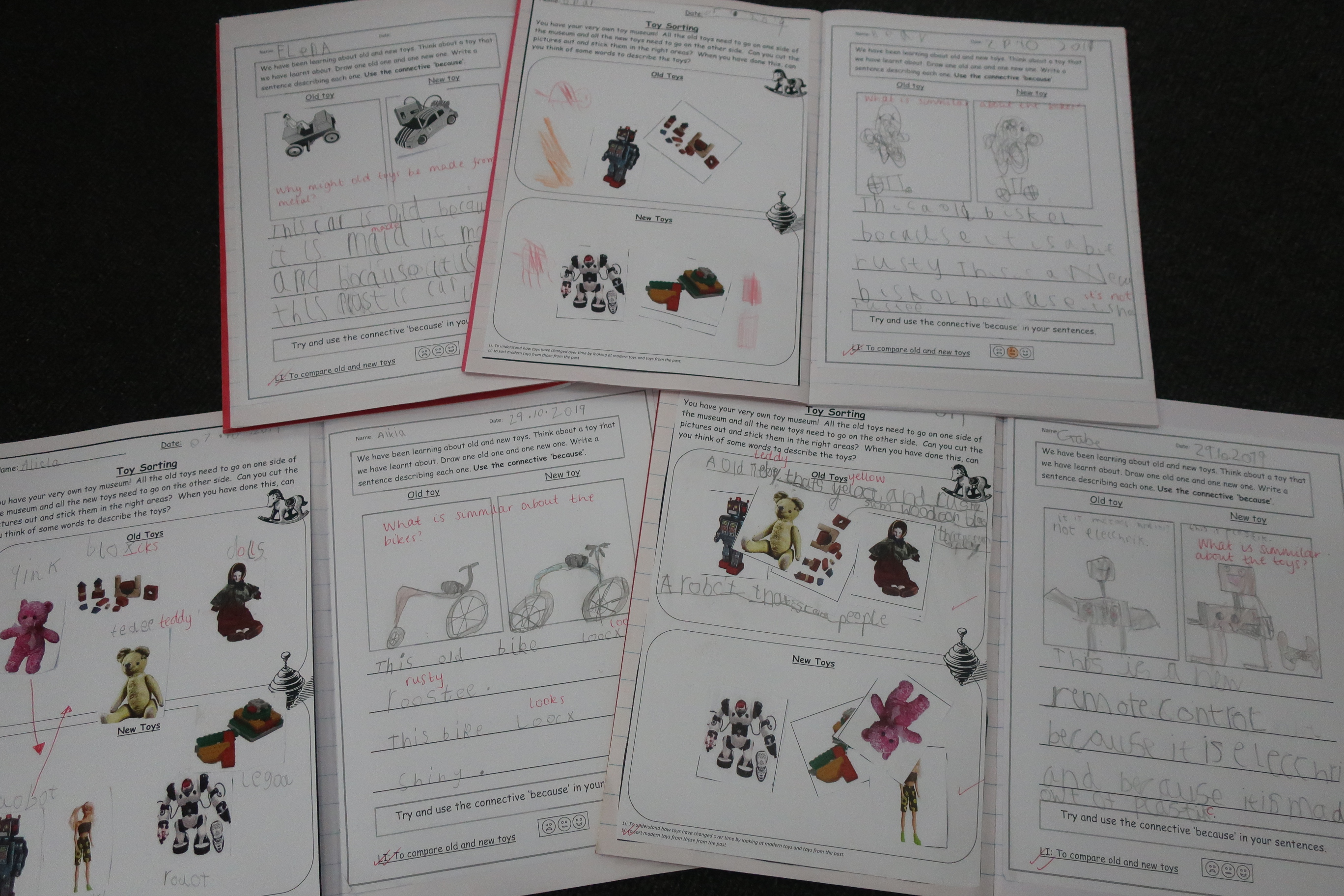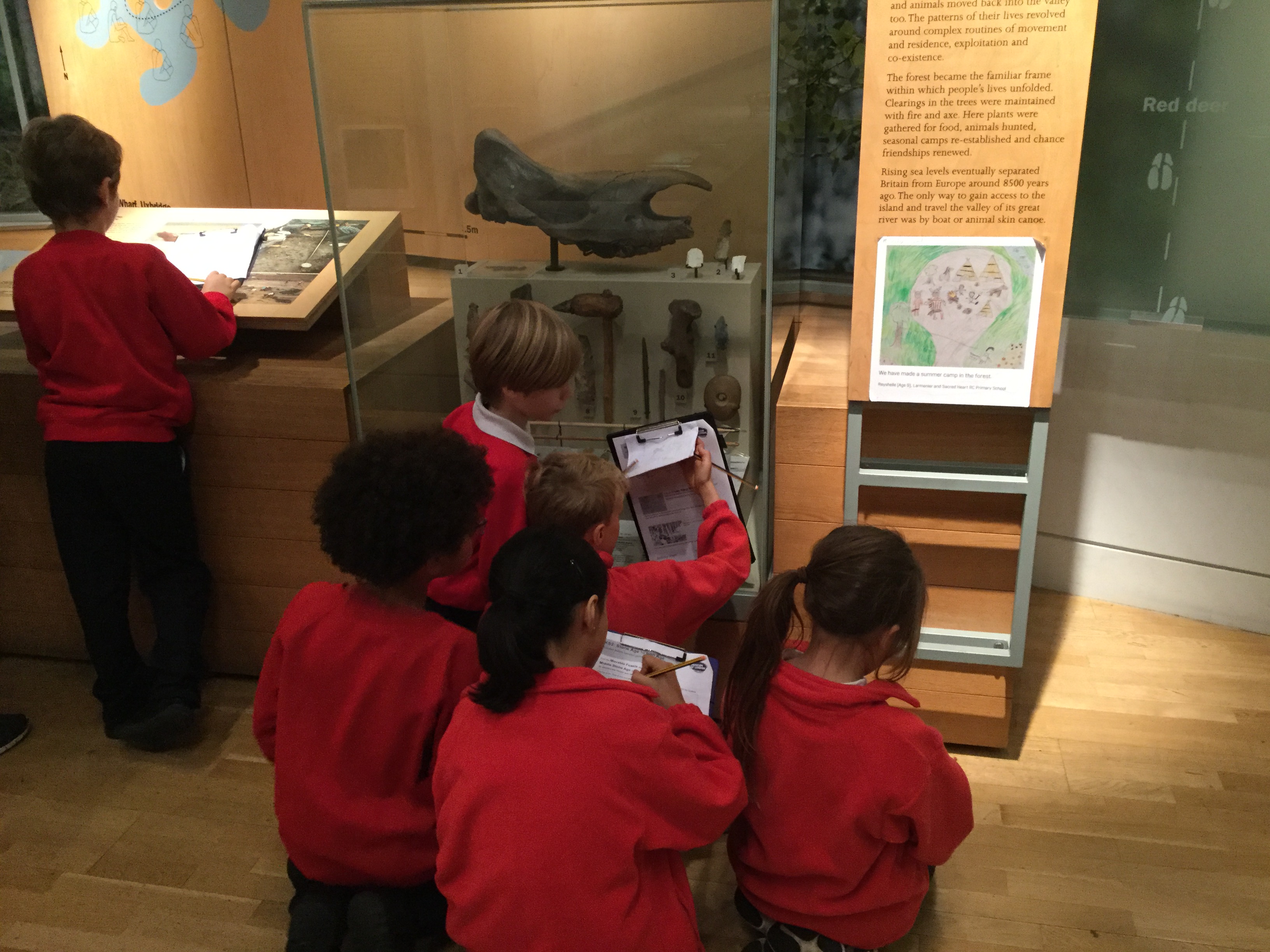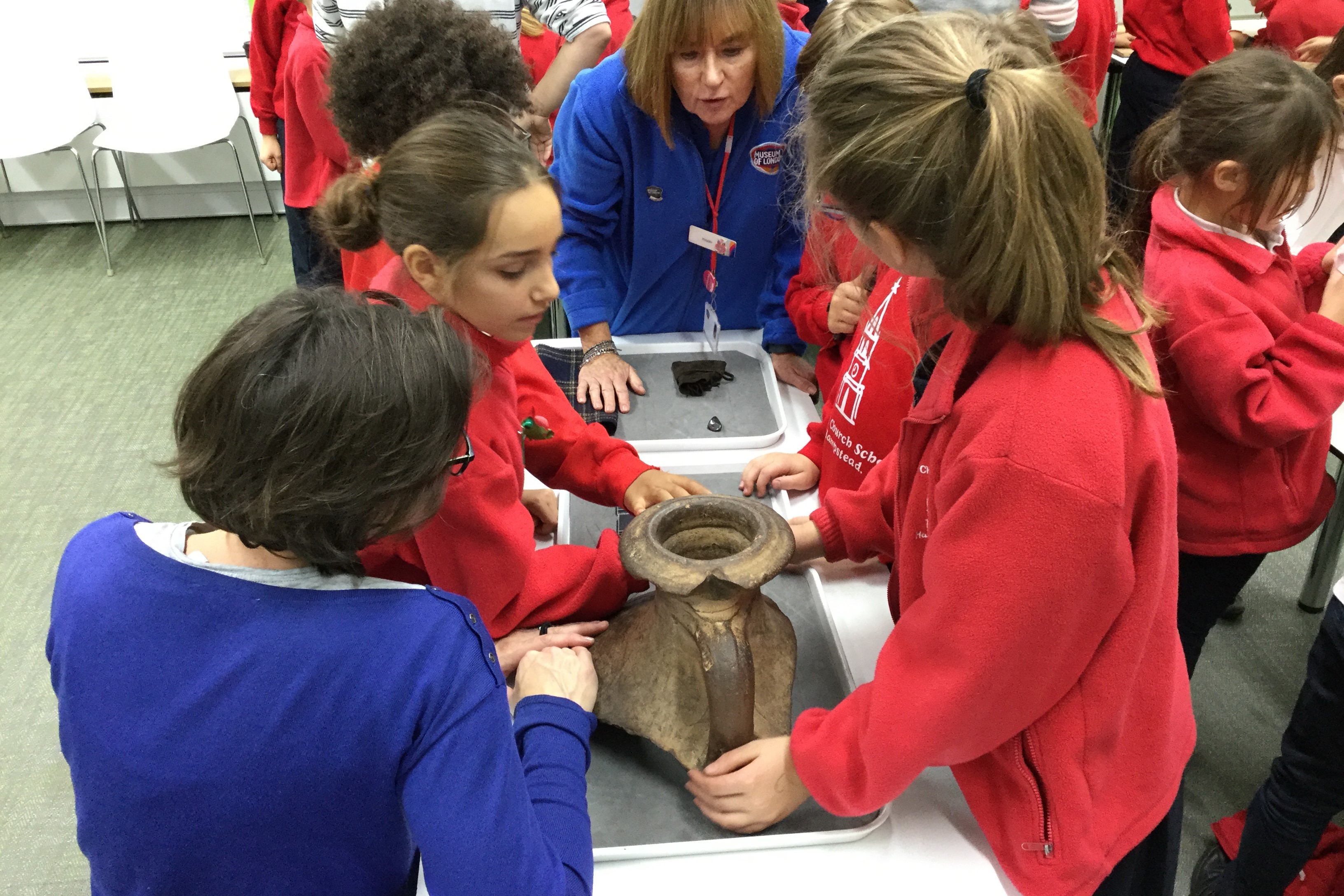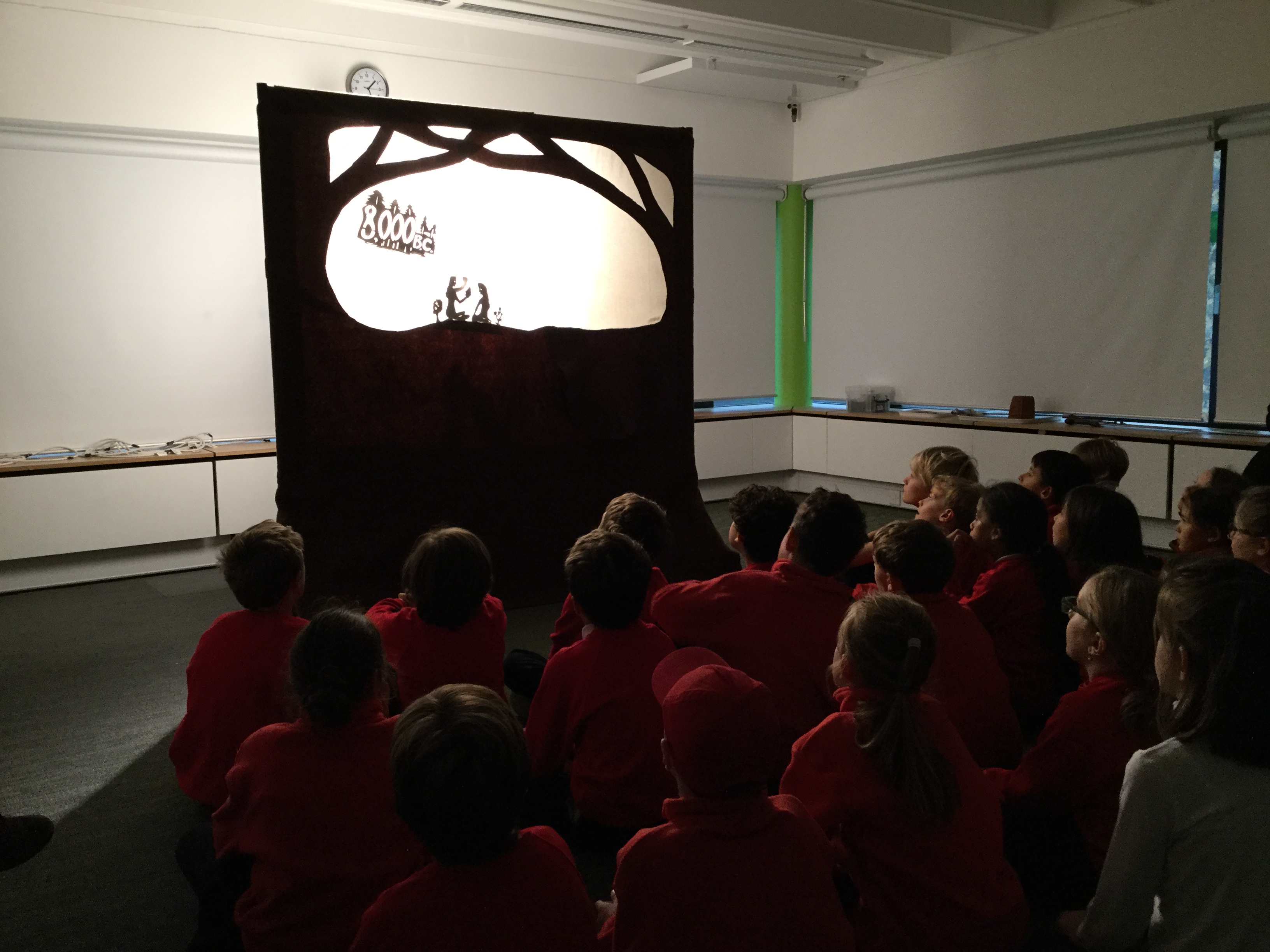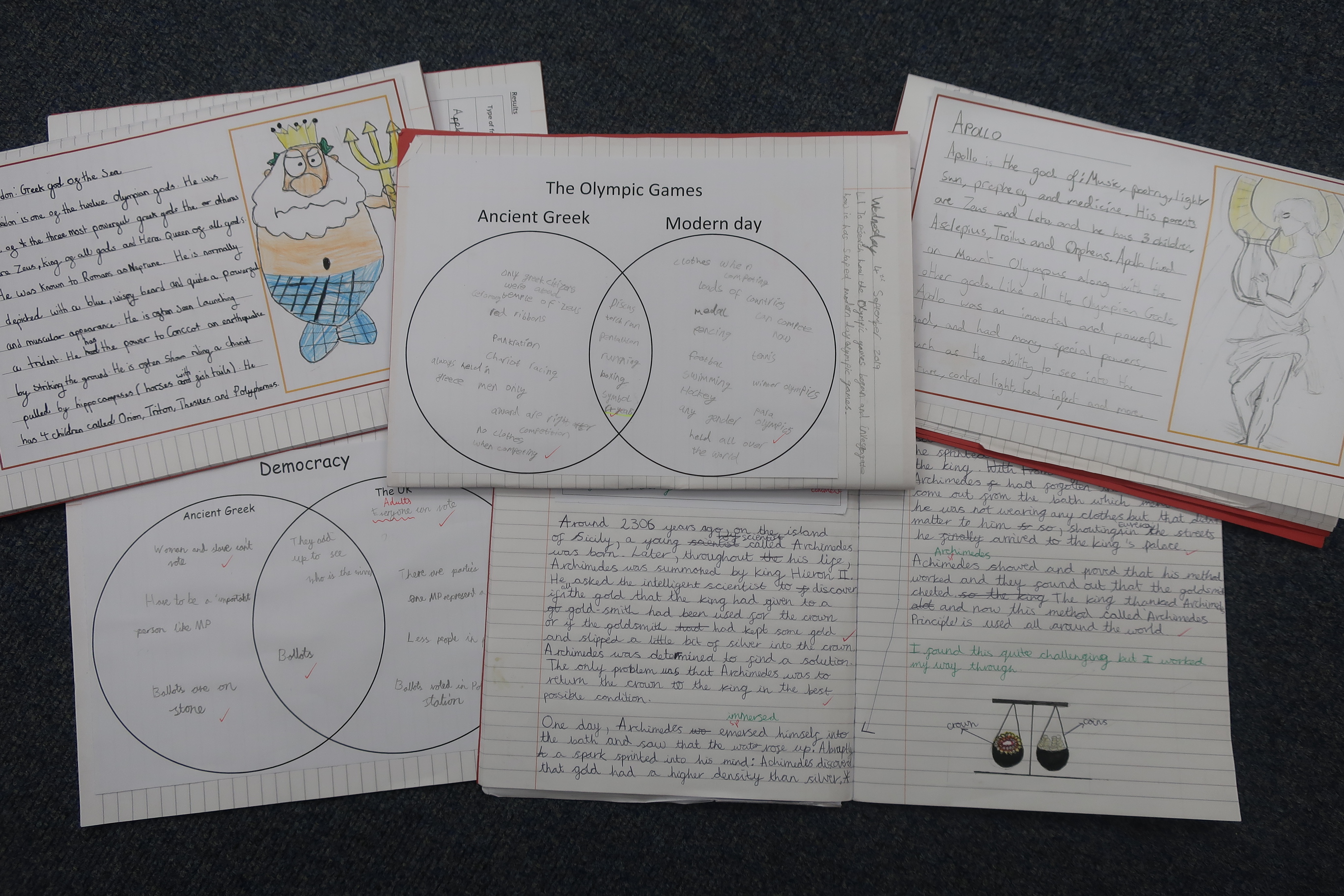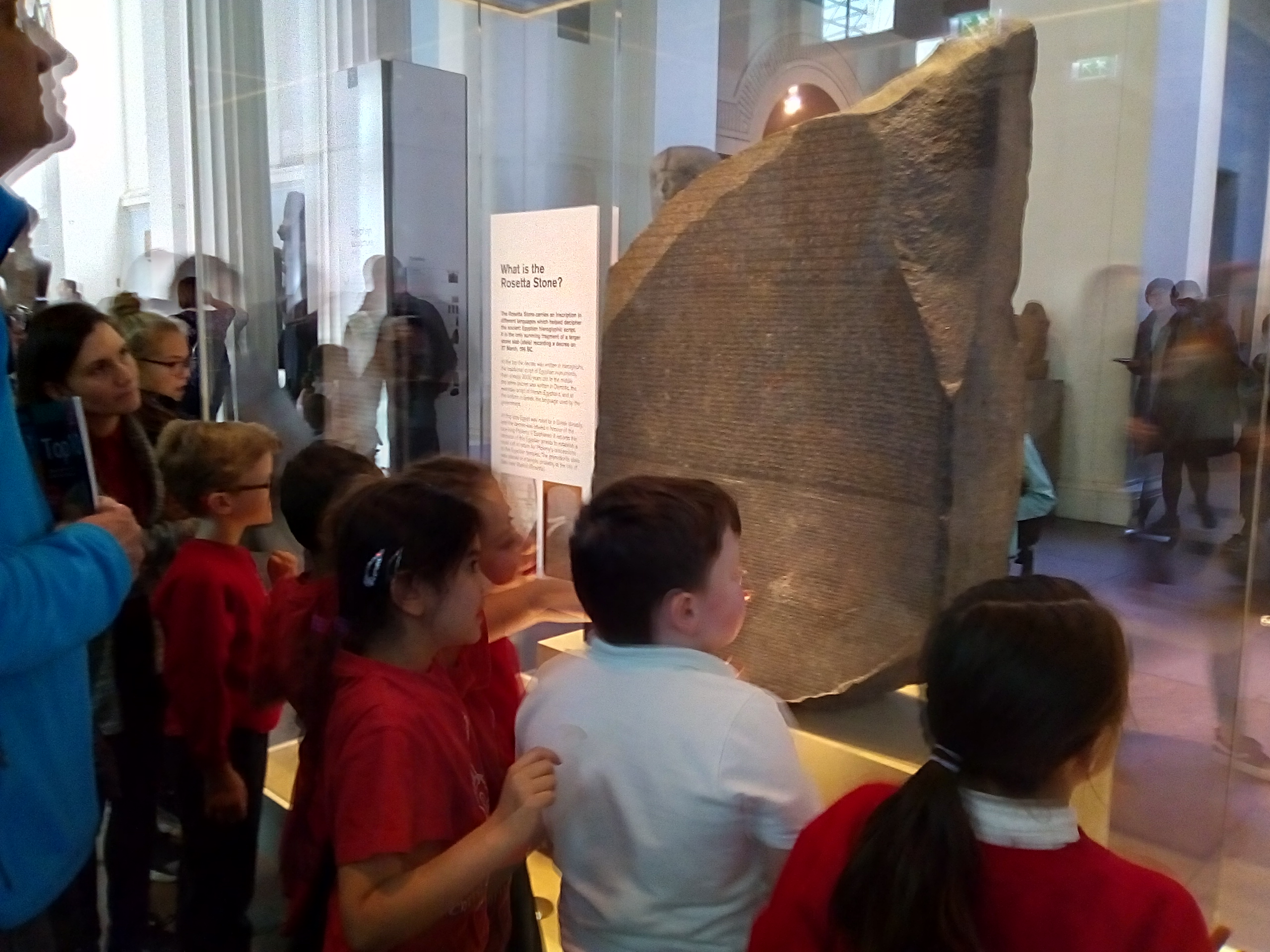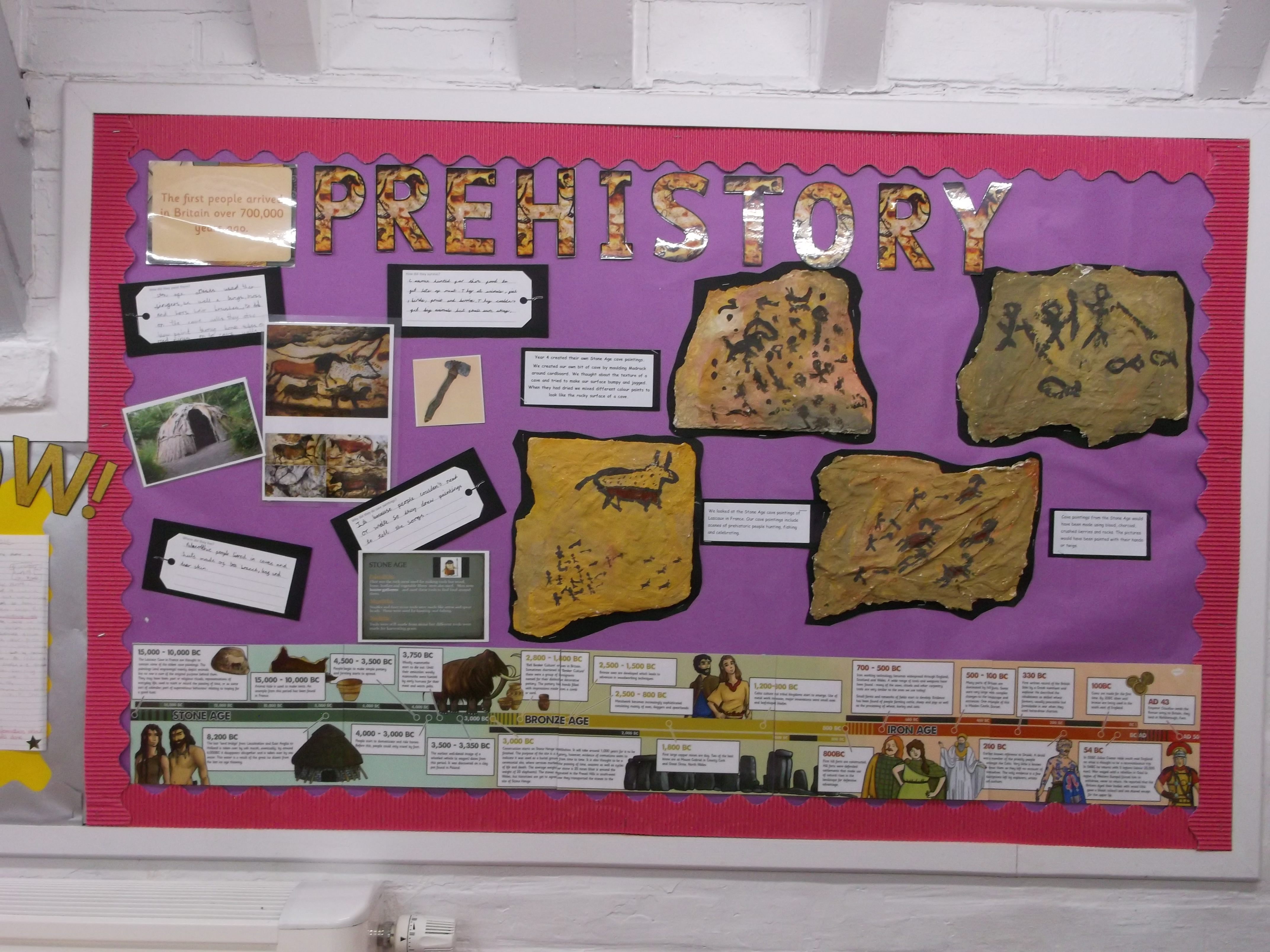
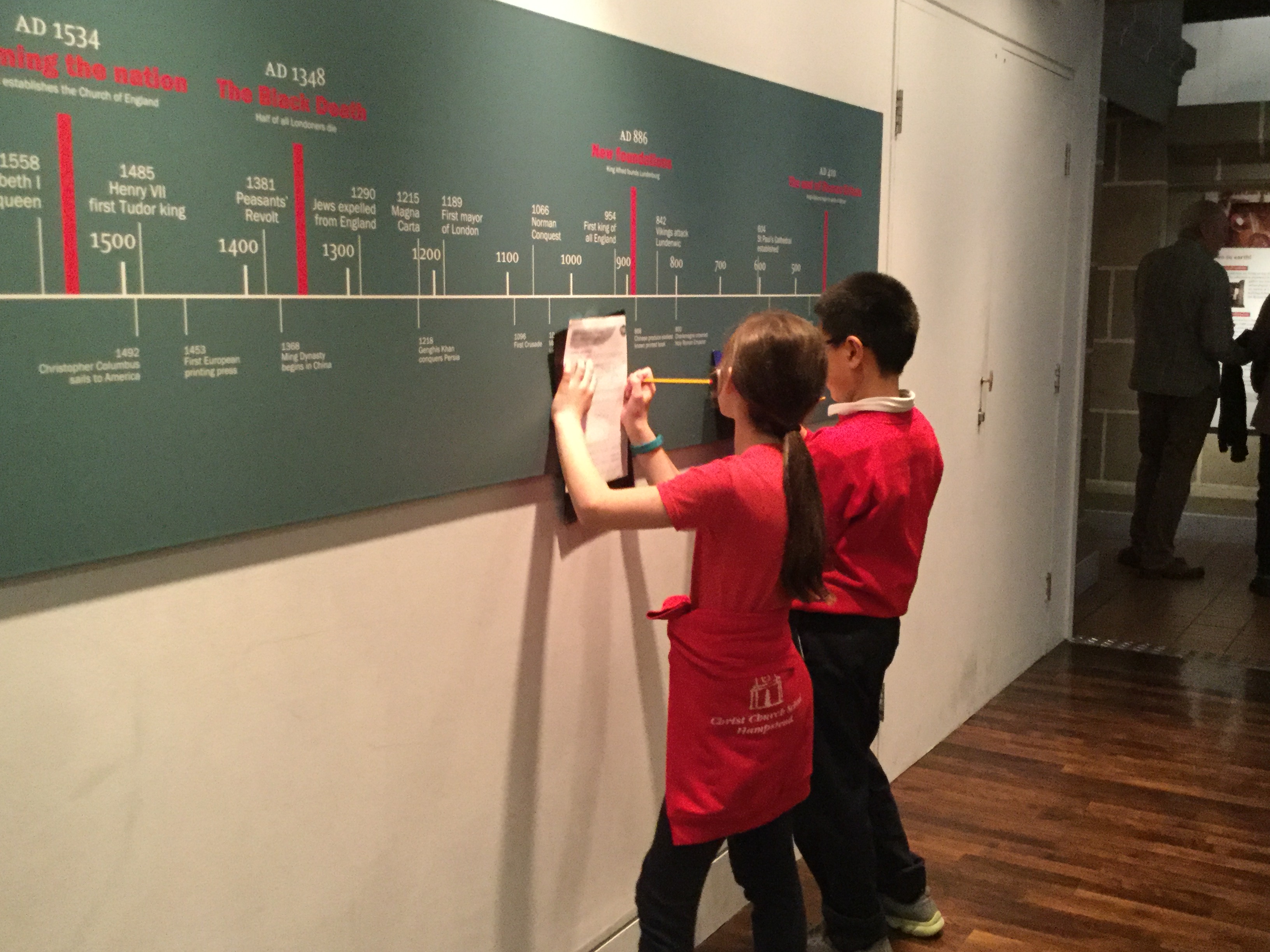
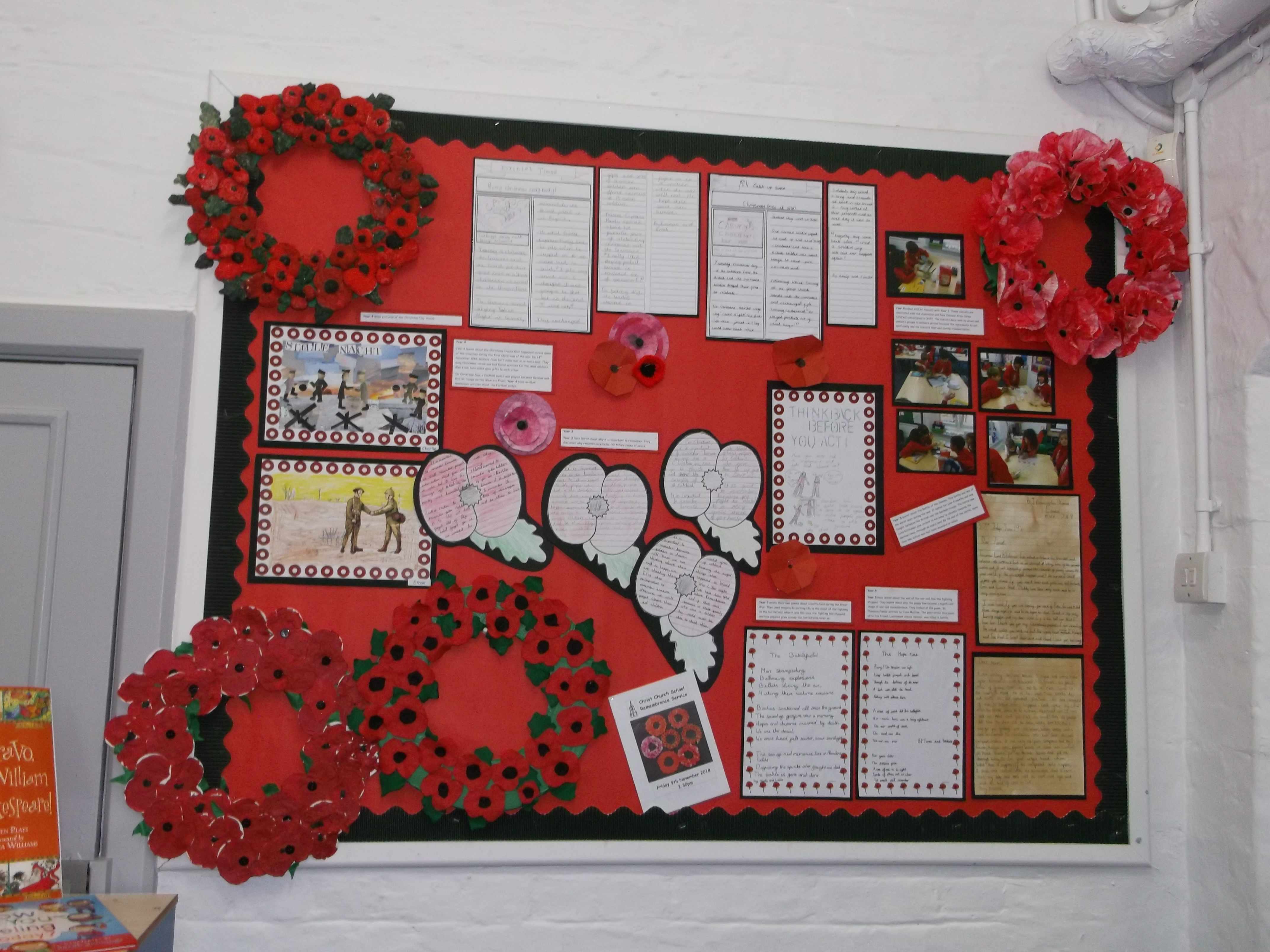
History
In Reception and KS1 children learn about changes within living and recent memory as well as significant events and individuals.
The content and order of our History units in KS2 builds on children’s learning in KS1 and has been carefully considered to develop children’s understanding of British history chronologically from the earliest times, and, where possible, to make links to our local context and to learning in Geography and other curriculum areas. Our Ancient Civilisation topics complement this learning by building children’s awareness of British history in the context of the wider world.
In each topic, the key/core substantive knowledge (knowledge of the topic, chronology and key historical concepts) and disciplinary knowledge (knowledge of how historians have studied the past) has been identified and teachers use a range of strategies to ensure this is remembered long term. This knowledge is then built upon each year to help children to have knowledge of the broad characterisations and general features of a period. In addition to this, it also provides children with opportunities to revisit trickier/more abstract concepts and ideas and in doing so allows them to build stronger schemata.
Where relevant, we also teach a whole-school history theme, linked to an aspect of our local area, if possible. These themes have, in recent years, included learning about the impact of the First World War in Hampstead, the history of our school in its 160th year, the Olympics in London, Remembrance at the centenary of the end of the First World War and the Queen’s Platinum Jubilee.
We are also proud of our key stage 2 local history unit which explores a significant building in our local area, North End Station. It also leads us to explore the actions of a significant person from our local area, Henrietta Barnett. This unit was specifically written with our context in mind; we recognise that we should encourage our children to be people who can make positive changes in the world, following Henrietta Barnett’s example.
Learning in History is enriched by a wide range of trips to, for example, the Museum of London, the British Museum, the Florence Nightingale Museum, the Museum of Childhood and, locally, to Burgh House. Drama workshops also allow children to widen and deepen their understanding of the periods studied.
You can read our Autumn 2021 curriculum report for History here.
You can read our Autumn 2022 curriculum report for History here.
